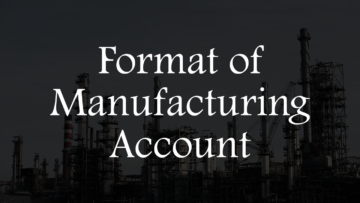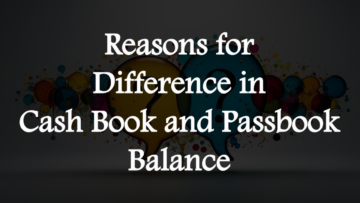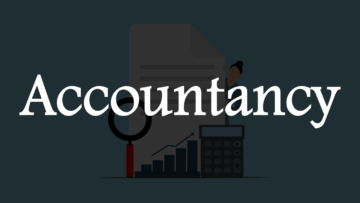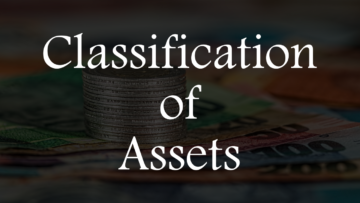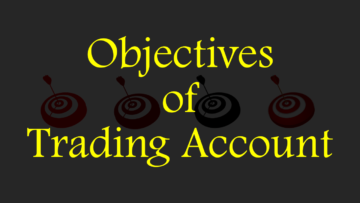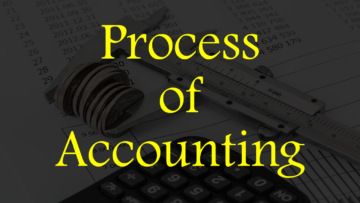Every business has expenses in some way or the other because without expenses the business cannot run, for example, expenses while buying products, expenses while selling products, etc., that is why all the expenses incurred in the business are recorded and managed systematically with the help of accounting so that relevant reports can be prepared in future. Without preparing accounting reports in business, one cannot know about the status, performance, etc. of the business.
Expenses are classified according to their nature for better management and accounting purposes. This classification of expenses helps in understanding the expenses and their nature. Expenses are classified into direct and indirect, operating and non-operating, variable and fixed, etc. It is possible to prepare related reports only through the classification of expenses. For example, only direct expenses are recorded in the Trading Account and only indirect expenses are recorded in the Profit and Loss Account, etc.
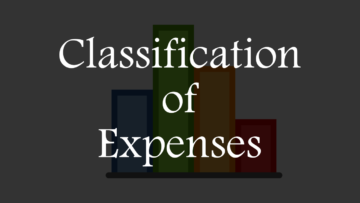
Table of Contents
Classification of Expenses
Following are the classification of expenses:
| – Direct Expenses | – Indirect Expenses |
| – Operating Expenses | – Non-Operating Expenses |
| – Variable Expenses | – Fixed Expenses |
1. Direct Expenses:
Direct expenses refer to those expenses which occur before the products are sold and which directly affect the cost of the product such as the purchase of products, freight inward, wages, factory rent, factory insurance, power, etc. Manufacturing businesses show direct expenses in the Manufacturing Account and Trading Account and trading businesses show direct expenses in the Trading Account. Gross profit or gross loss is calculated with the help of direct expenses.
2. Indirect Expenses:
Indirect expenses refer to those expenses that are incurred in selling the product and running the business and which indirectly affect the cost of the product such as freight outward, salaries, marketing expenses, office expenses, interest payments, bill payments, depreciation, etc. In simple language, indirect expenses mean expenses other than direct expenses. Indirect expenses are shown on the profit and loss account. Net profit or net loss is calculated with the help of indirect expenses.
3. Operating Expenses:
Operating expenses means those expenses which are incurred due to the main activity of the business like manufacturing, trading, and other day-to-day business activities. In simple words, operating expenses refer to those expenses which are directly related to the operation of the business. This includes purchases, freight, salaries, wages, electricity, office expenses, etc. It is not possible to complete business activities without operating expenses because only with their help it is possible to complete business activities. Operating expenses are shown on the Manufacturing Account, Trading Account, Profit and Loss Account, etc.
4. Non-Operating Expenses:
Non-operating expenses means those expenses that are not related to the core activities of the business and these expenses are not incurred on a day-to-day basis. In simple words, non-operating expenses mean those expenses which are indirectly related to the operation of the business. This includes interest payment, cost of litigation, litigation settlement, loss on disposal of property, etc. Even though non-operating expenses are not directly related to the core activities of the business, they play an important role in business. It is shown in reports like profit and loss account, etc.
5. Variable Expenses:
Variable expenses means those expenses which are not fixed because they are always changing and are exactly the opposite of fixed expenses. This includes the purchase of raw materials, purchase of finished goods, freight, packaging costs, commission, unit-based labour, electricity, utility expenses, etc. Simply put, it includes expenses that vary depending on usage, or may or may not occur. These are shown in various reports like Manufacturing Account, Trading Account, Profit and Loss Account, etc.
6. Fixed Expenses:
Fixed expenses mean those expenses which are going to happen definitely and which do not change quickly. Fixed expenses are the exact opposite of variable expenses. In simple language, all expenses except variable expenses are fixed expenses. This includes rent, salary, loan payments, insurance, membership, etc. If the expenses are unit-based, then they do not come under fixed expenses. Note that fixed expenses may differ for different businesses.
Read Also:
QNA/FAQ
Q1. Where are direct expenses shown?
Ans: Normally direct expenses are shown in the trading account but if a business prepares a manufacturing account, it is shown there also.
Q2. Where are indirect expenses shown?
Ans: Indirect expenses are shown in the profit and loss account.
Q3. Which expenses are not fixed?
Ans: Variable expenses are not fixed.
Q4. Are operating expenses directly related to the operation of the business?
Ans: Yes
Q5. Write the classification of expenses.
Ans: Following are the classification of expenses:
1. Direct Expenses
2. Indirect Expenses
3. Operating Expenses
4. Non-Operating Expenses
5. Variable Expenses
6. Fixed Expenses




